Trace One and EDGE by ASCENTIAL are partnering to present the Future of Private Label. In this white paper, you will find why Private label as a winning strategy for growth, the five key trends of private label, and what is waiting ahead for the future.
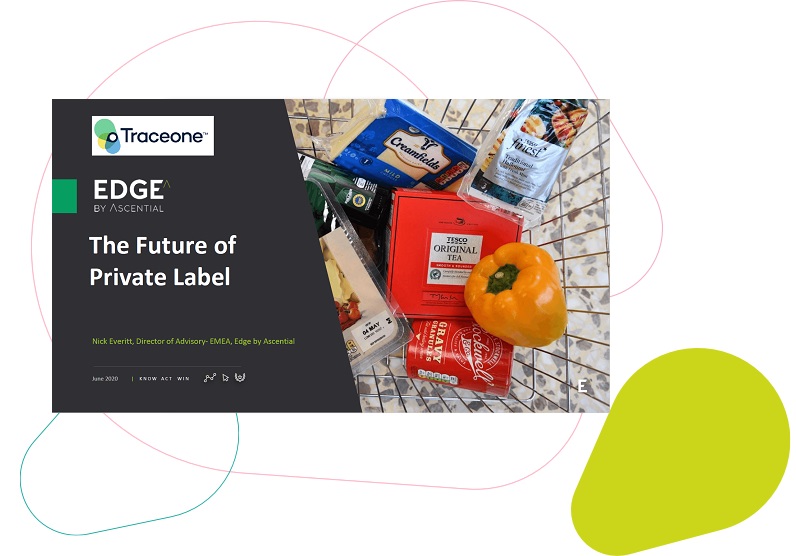


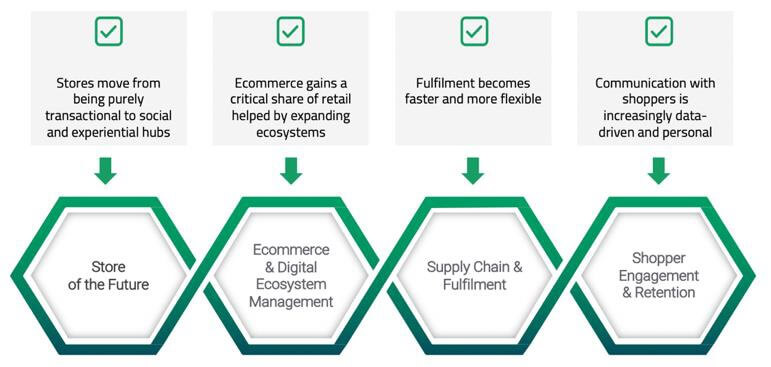


To drive its price competitiveness (especially versus the discounters), in November 2019 Sainsbury’s launched a new range of 123 entry price point (EPP) “owned brand” products and is phasing out its Basics line.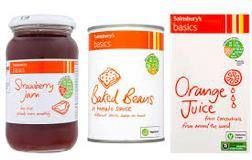
Private label is a key feature of Carrefour’s Transformation Plan, which was launched in January 2018, which includes a target of one third of sales through Carrefour branded products by 2022.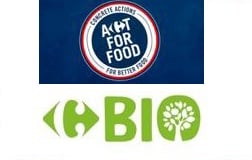
In India, Reliance Retail has partnered with the Walt Disney Company to develop and market products under its private label. The country's largest retailer wants to grow its share in the children's segment.
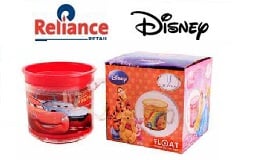
The Covid-19 pandemic has led to an even greater role for private label, especially as a way to reinforce value for shoppers in a period of unprecedented economic uncertainty.
The ability of retailers to have full control of the product supply chain also enables them to have greater visibility of availability and for many has led to rapid acceleration of initiatives.
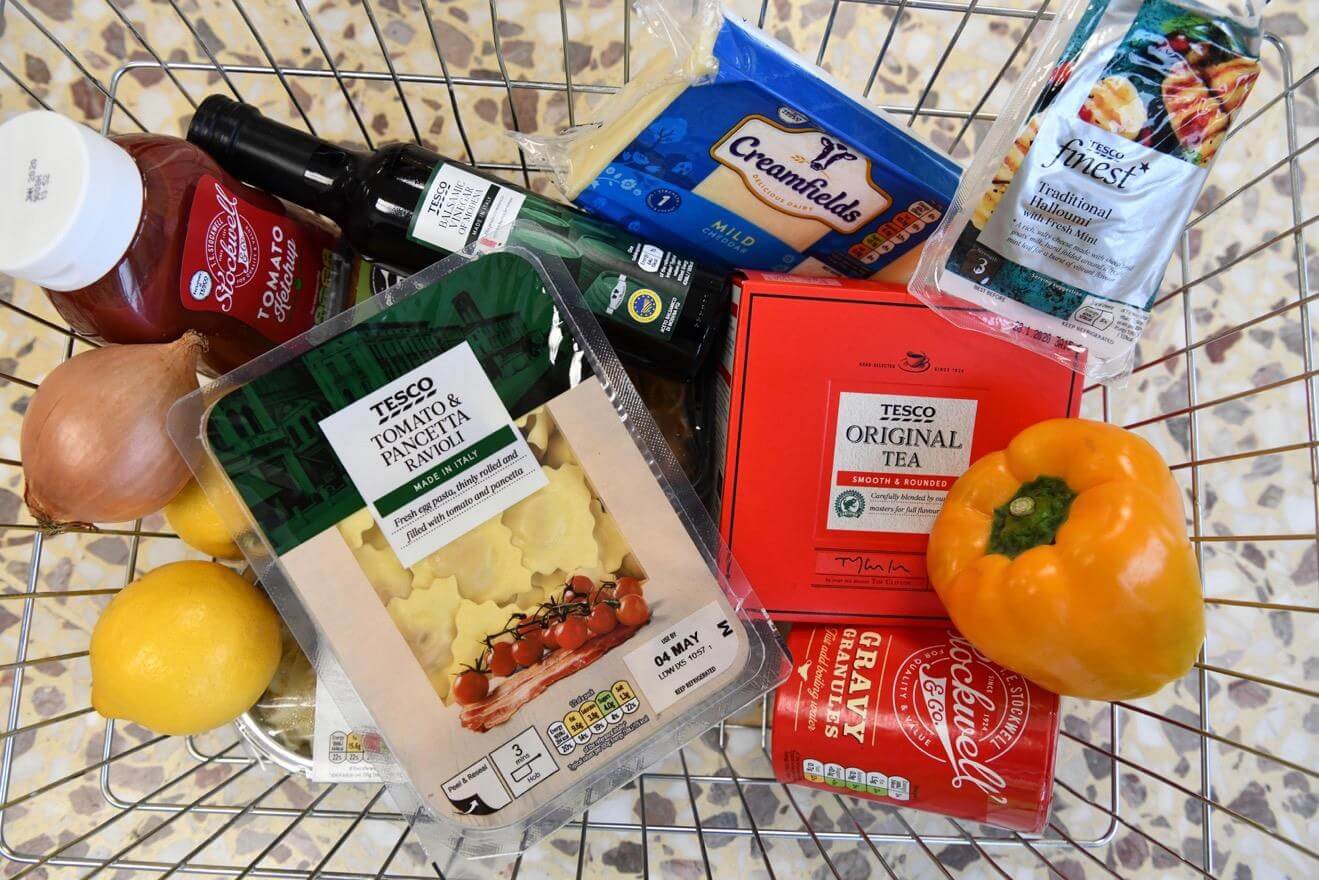


We will see an acceleration of partnerships (between retailers and other brands) to develop unique and exclusive private label ranges. Will include more non-competing retailers joining forces.
Amazon grows its private label in key categories , leveraging its data ecosystem and voice ordering capabilities; with private label prioritised over brands and using auto replenishment to lock in shopper loyalty
Investment in NPD and innovation will have to increase , as mediocre product launches will fail more quickly. Future winners will be those who deliver genuine and step changing innovation and can leverage customer data to unlock new trends and growth missions

Fill the form and get our free white paper.